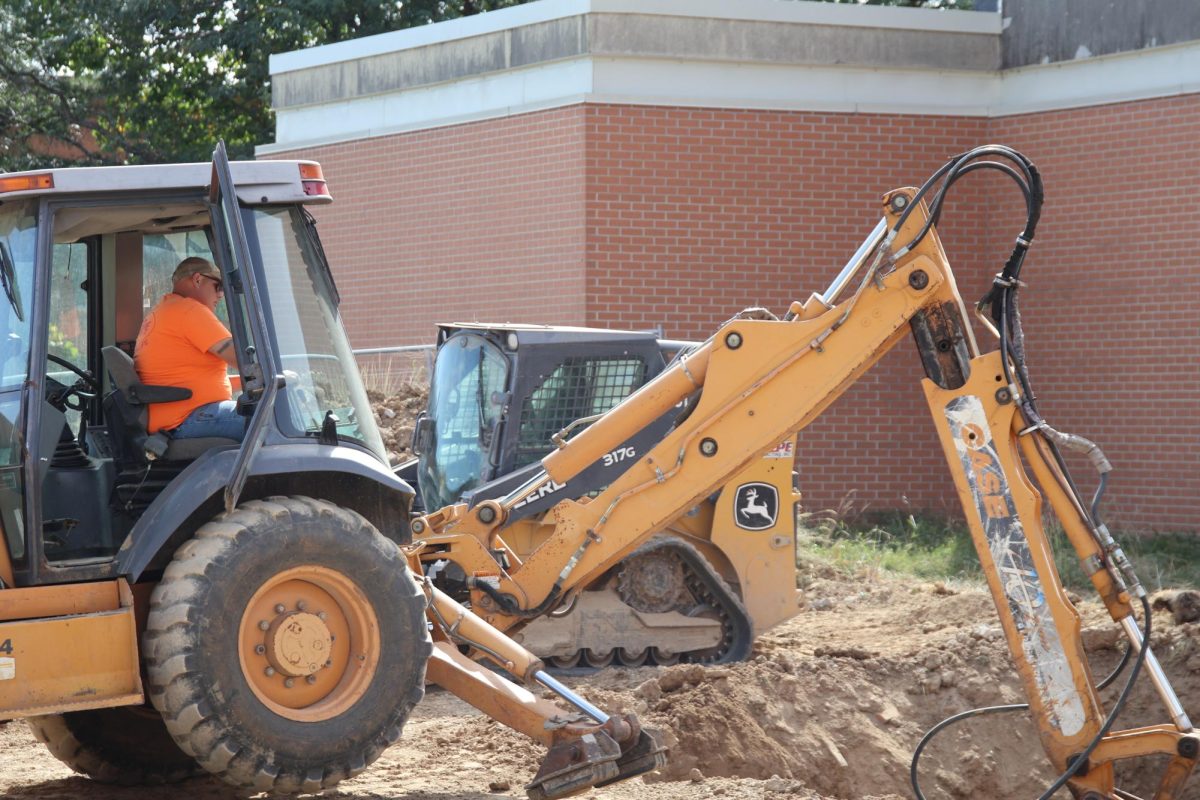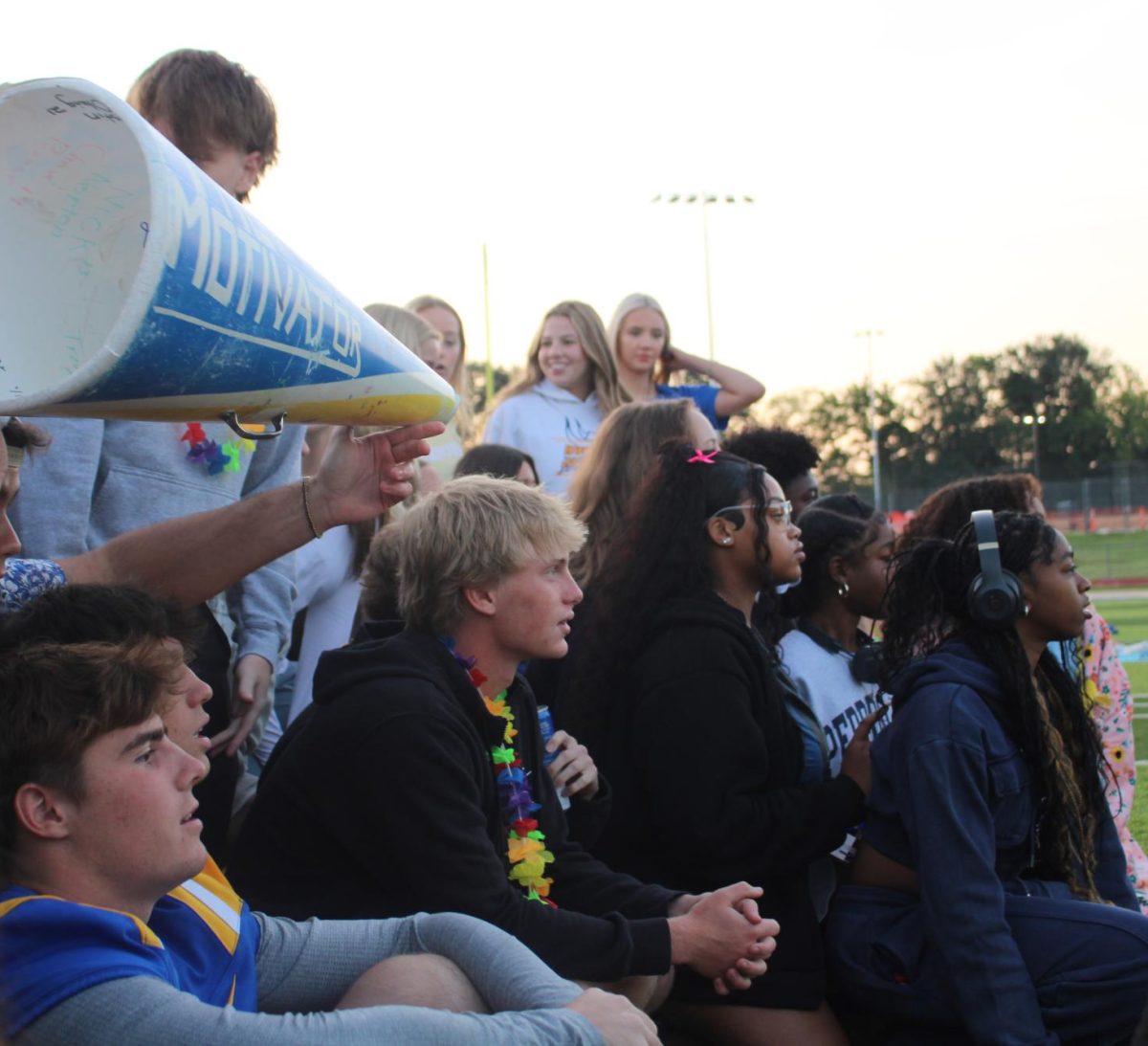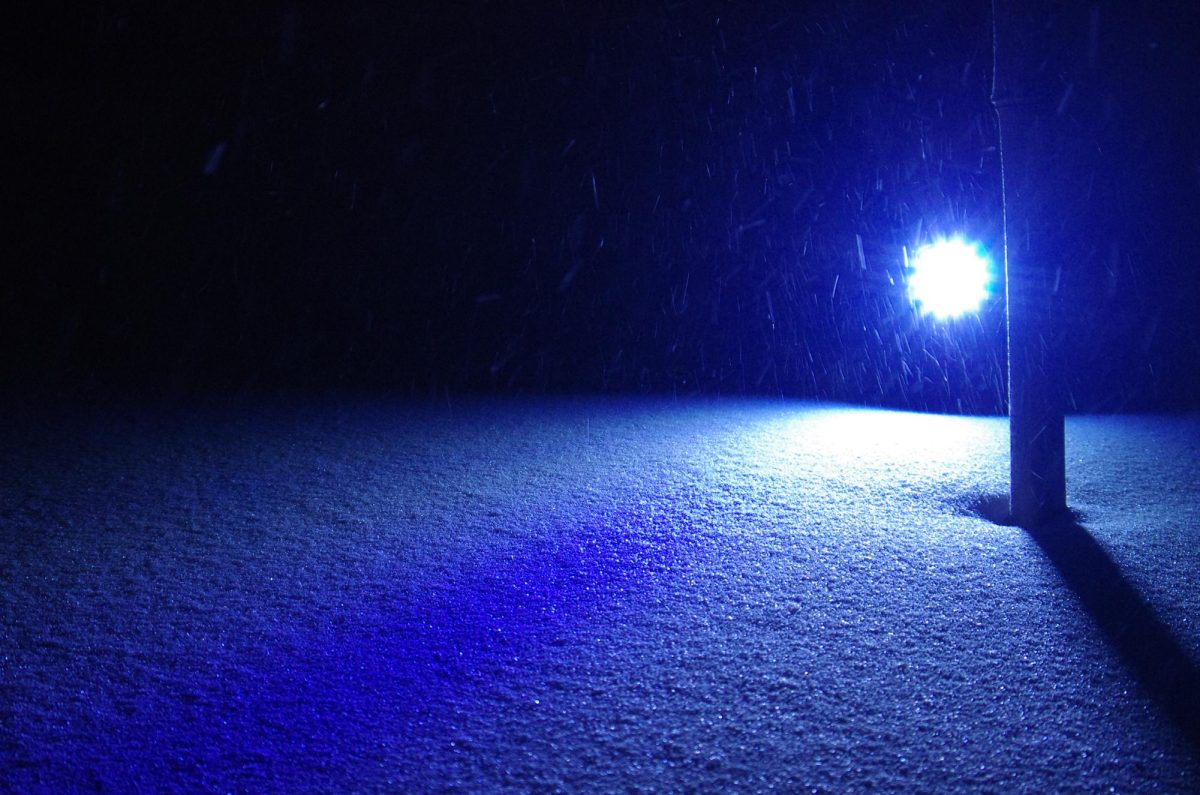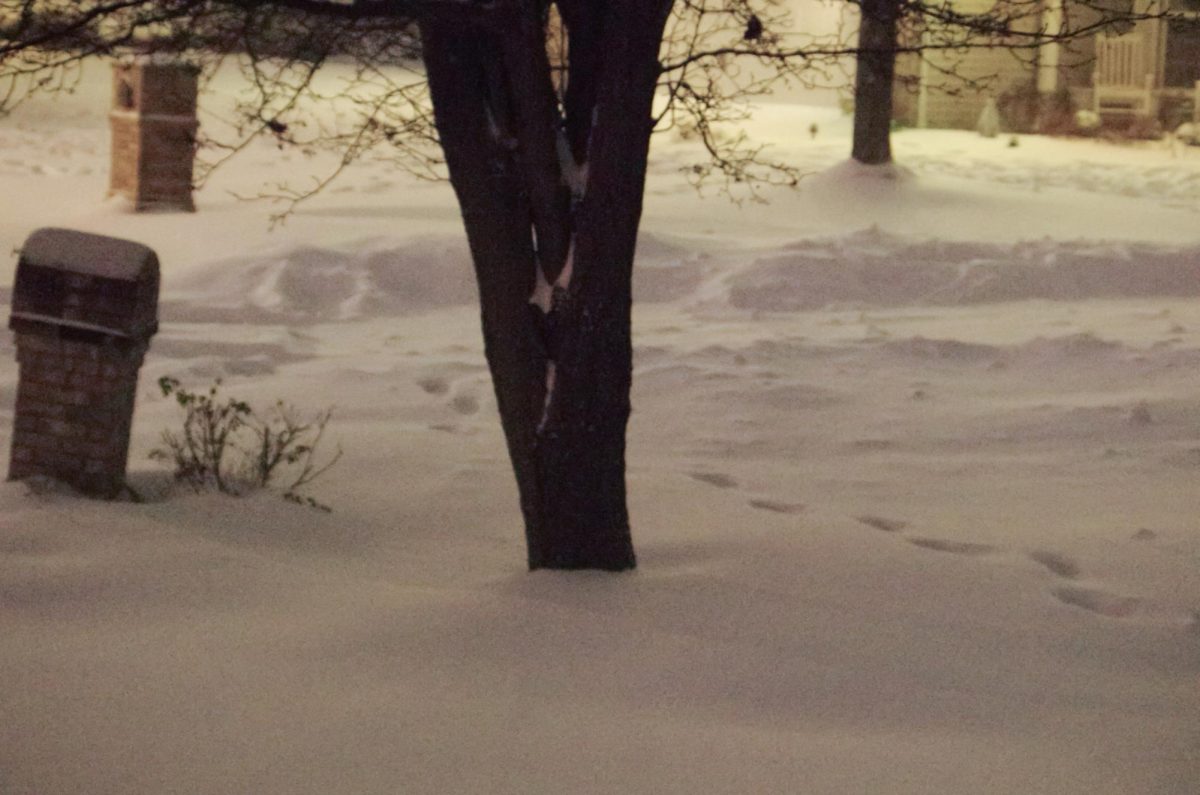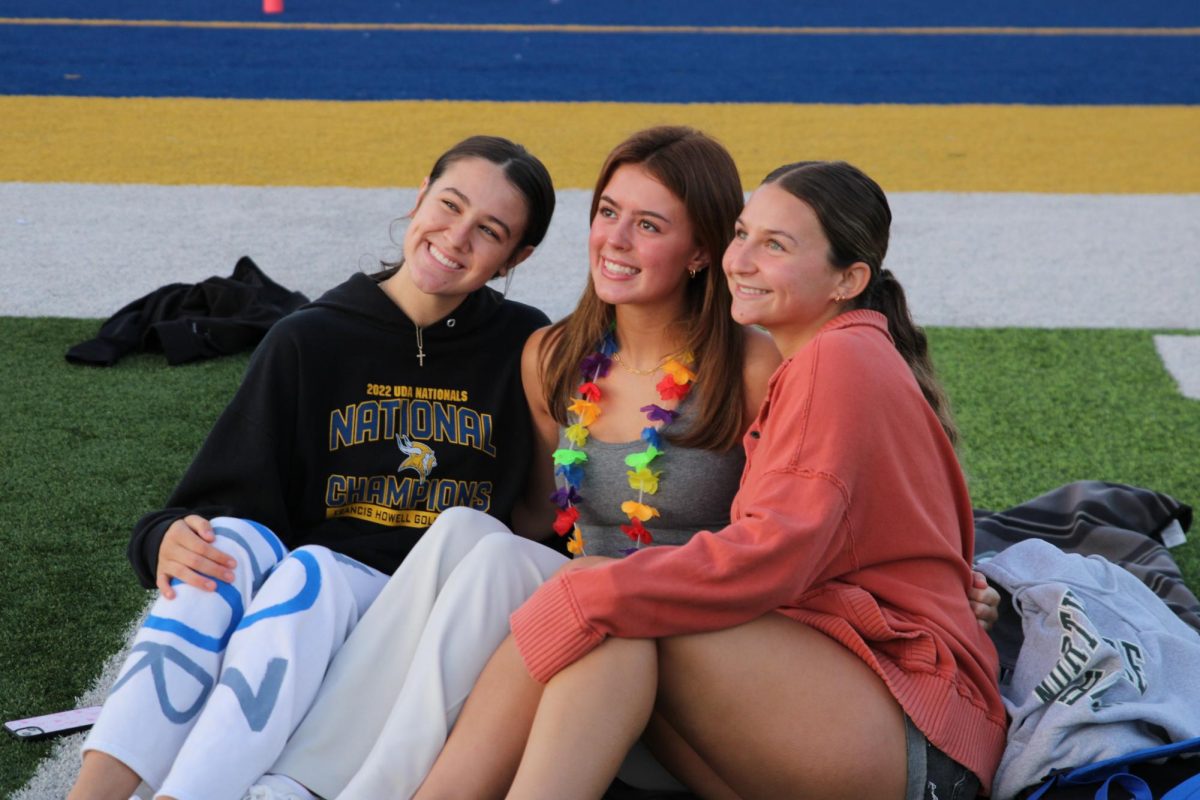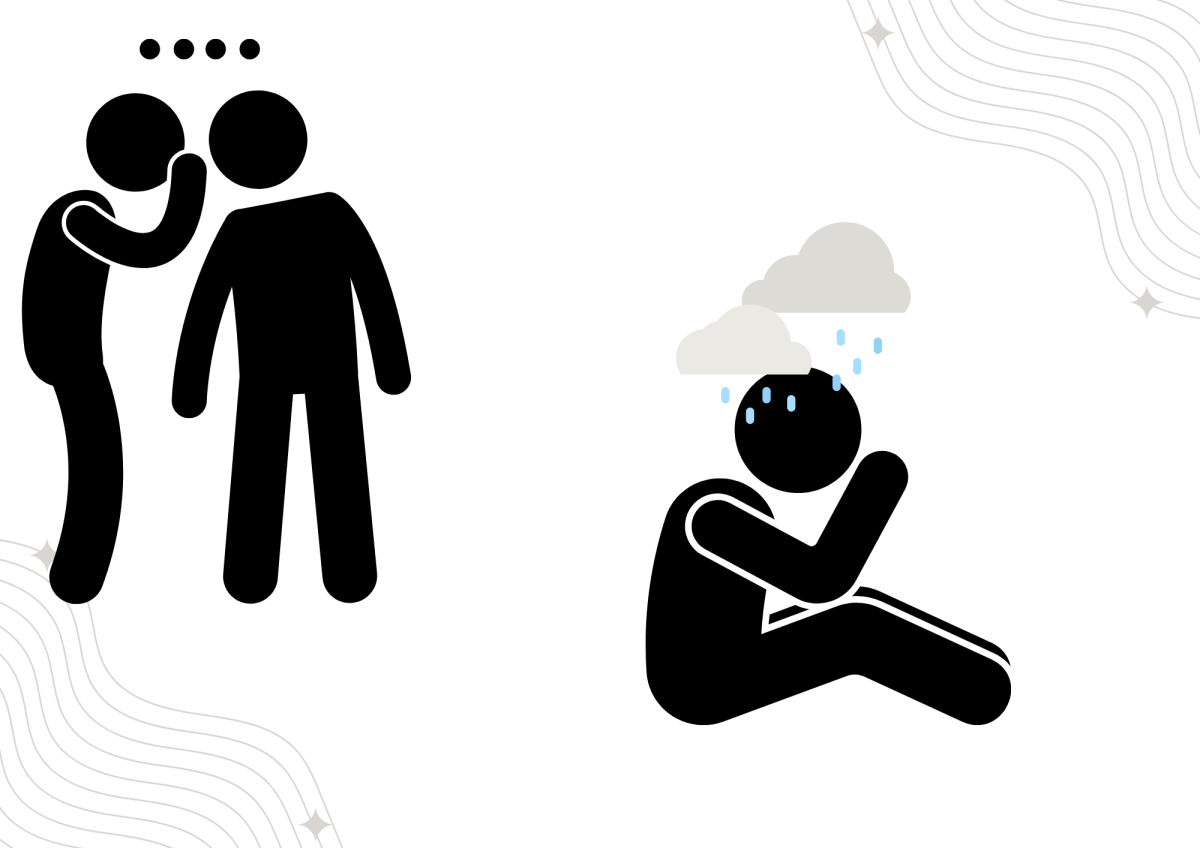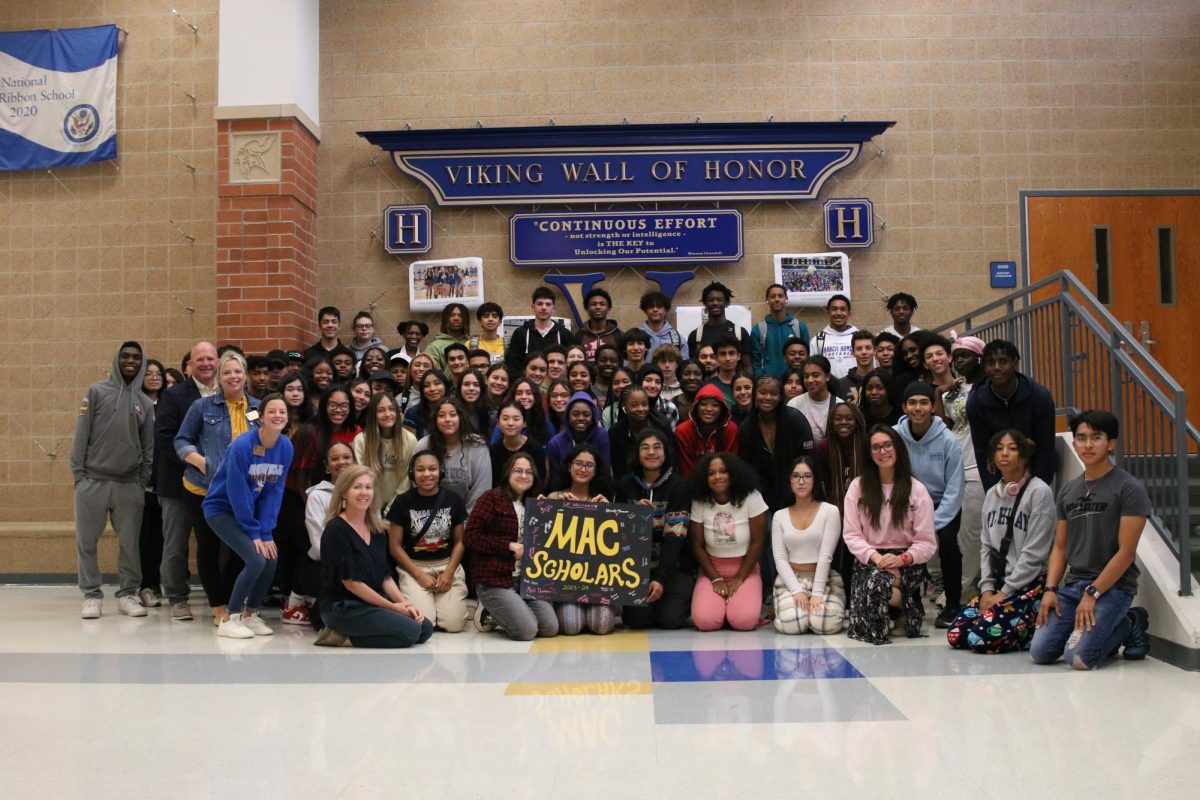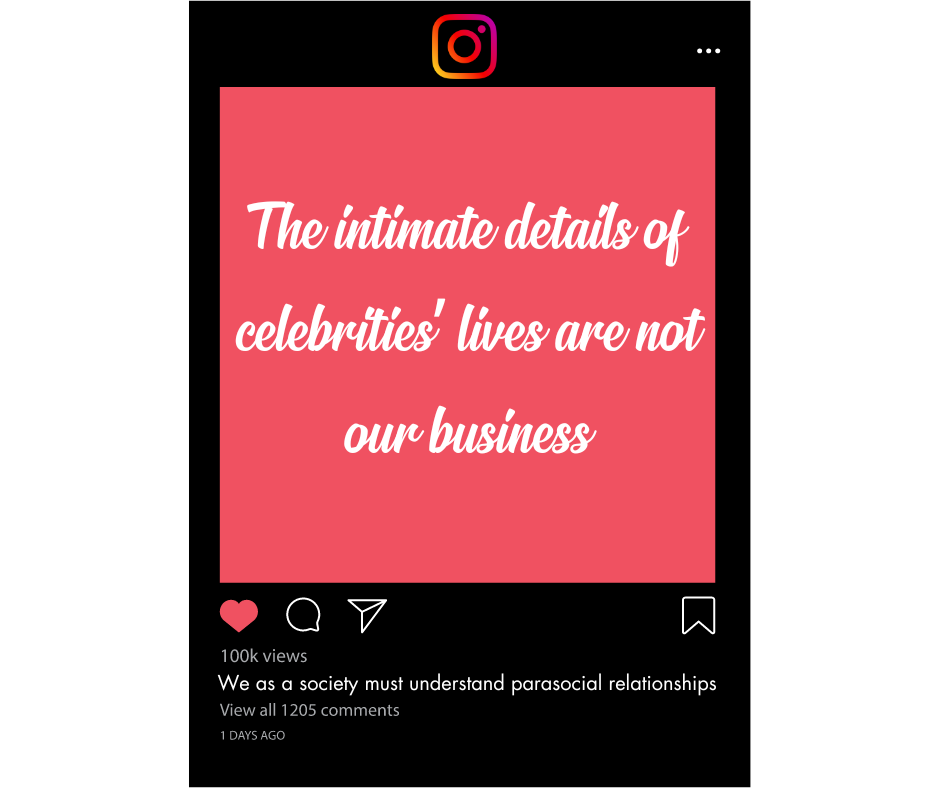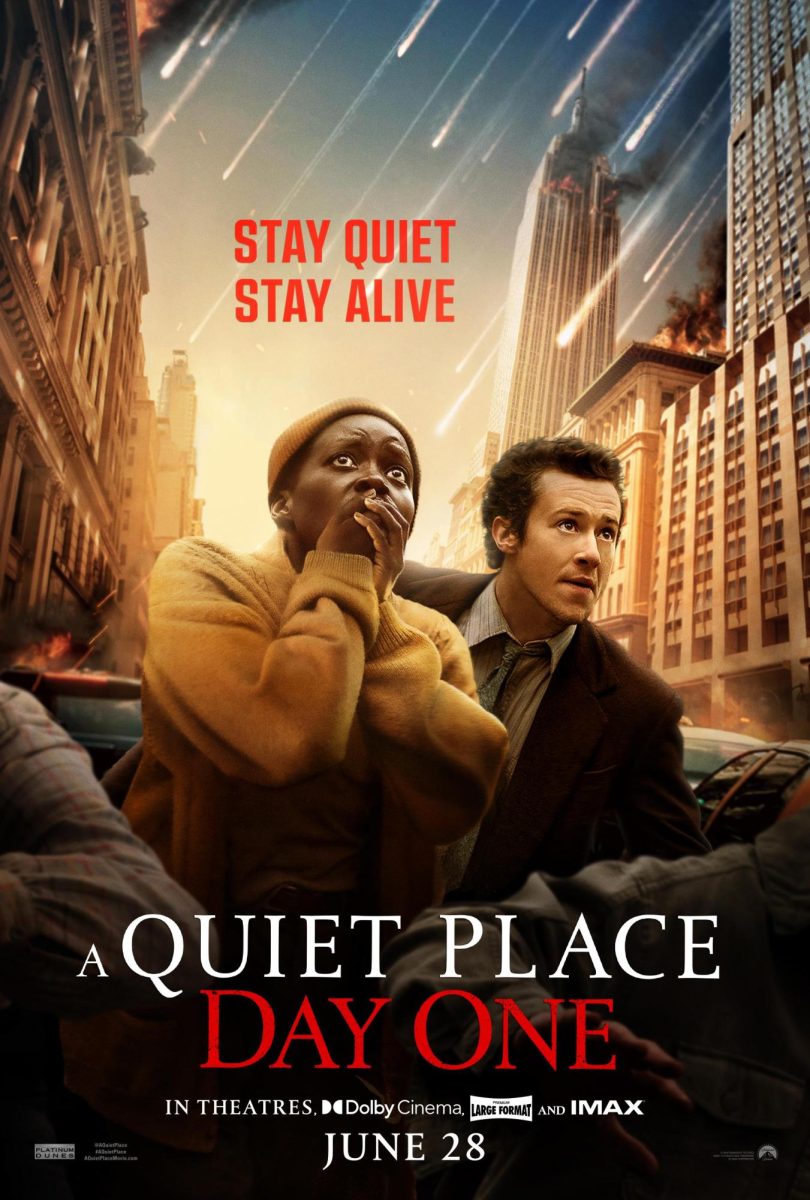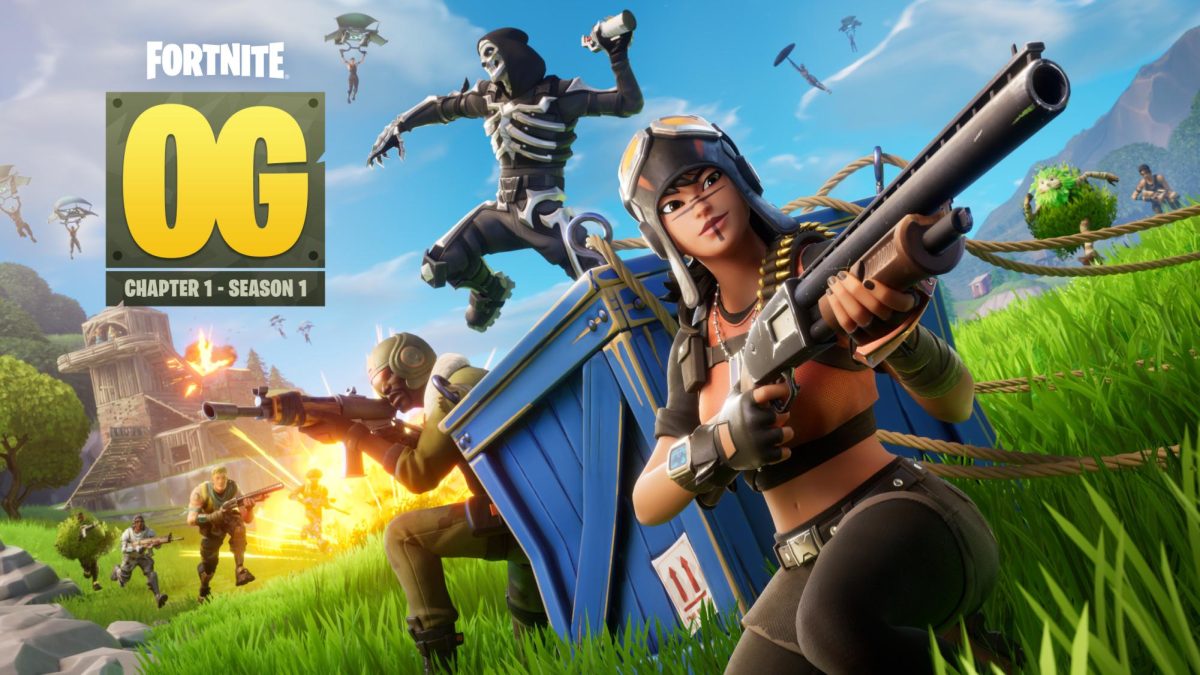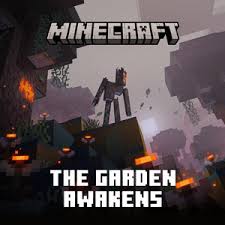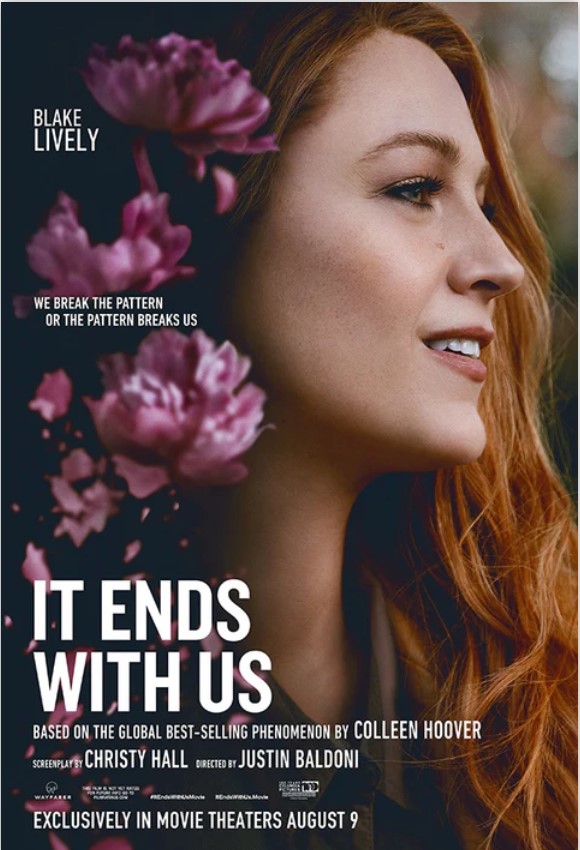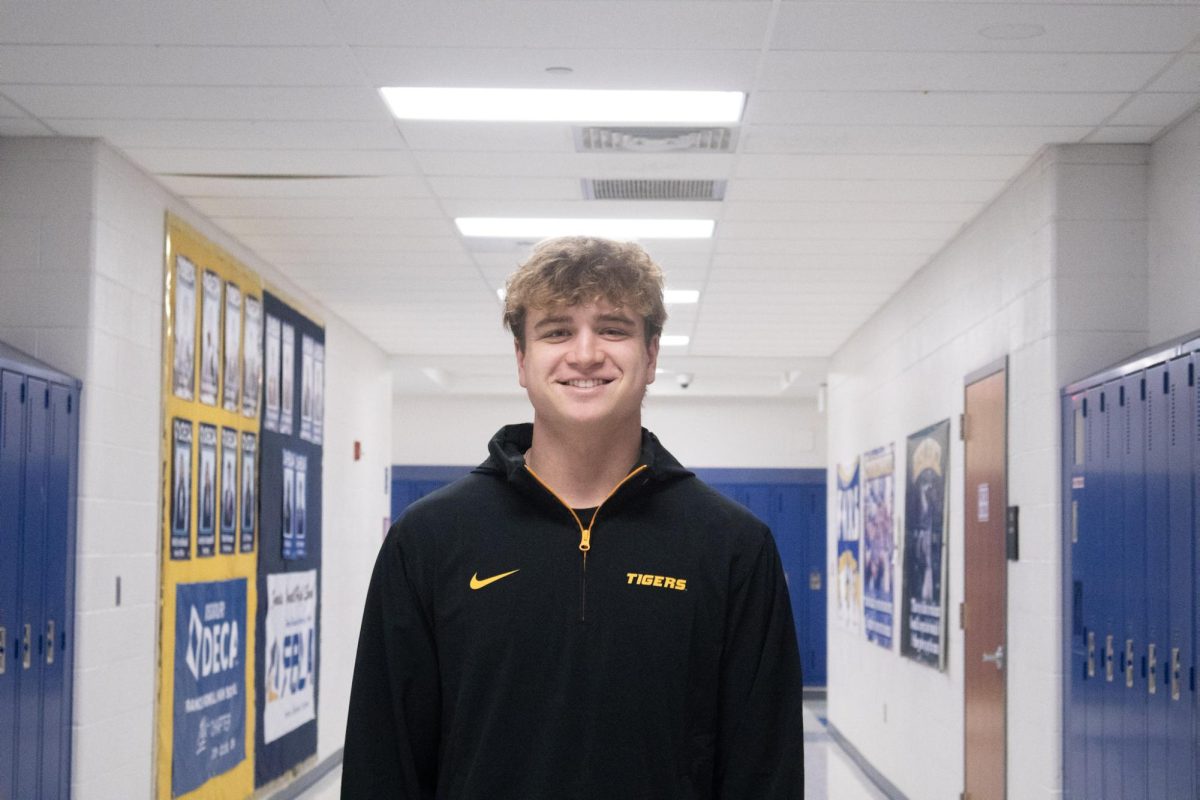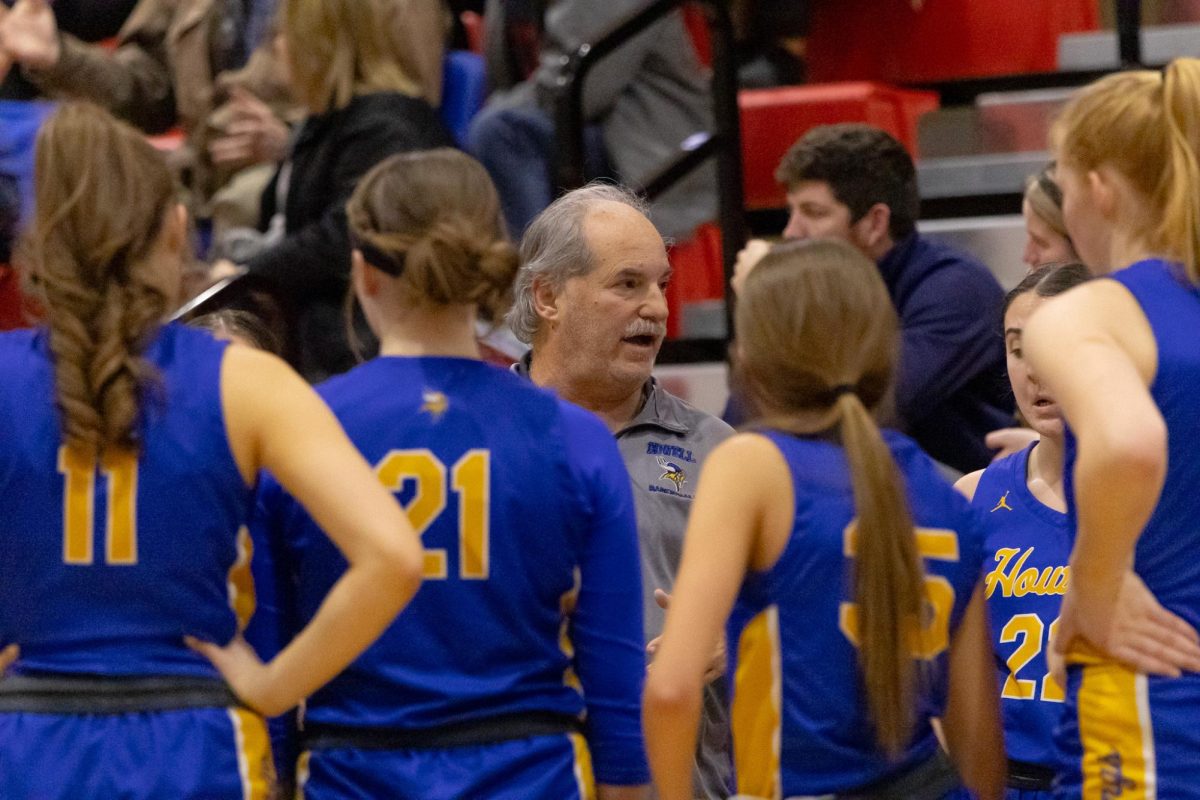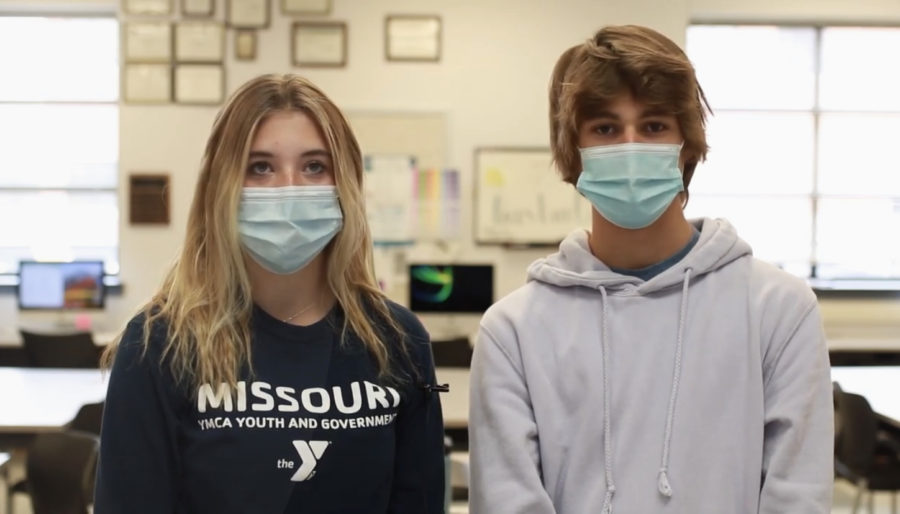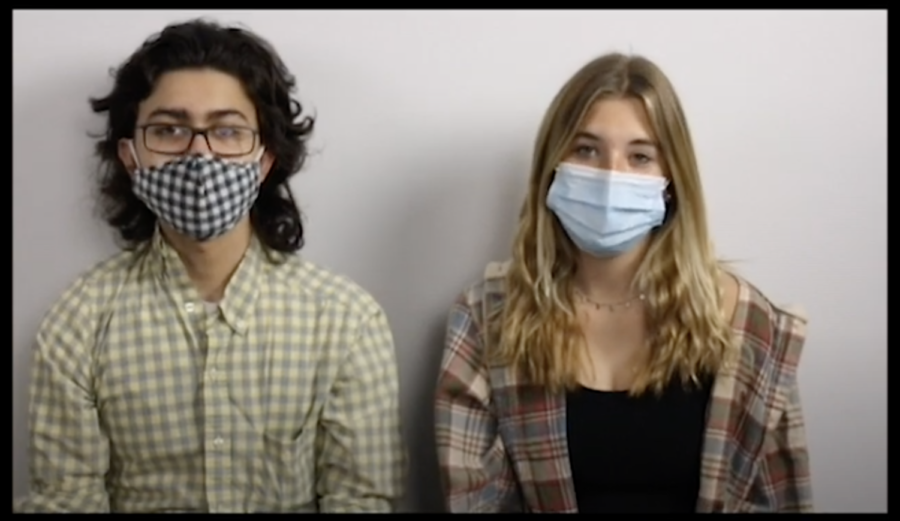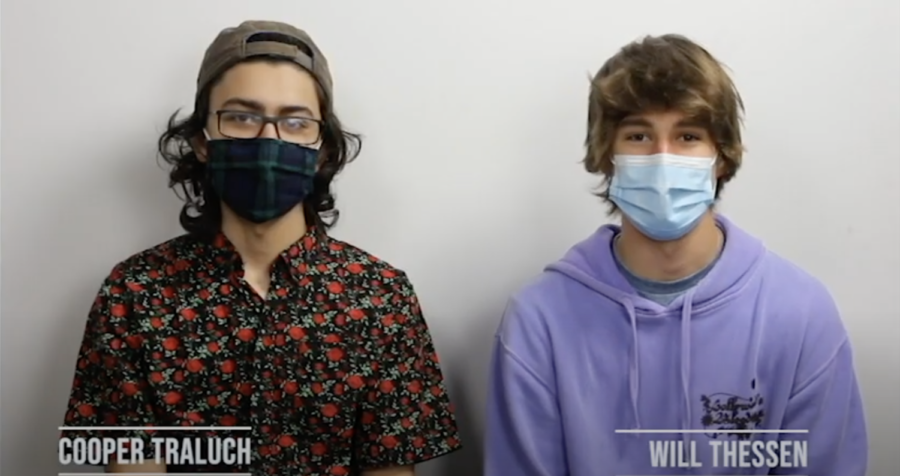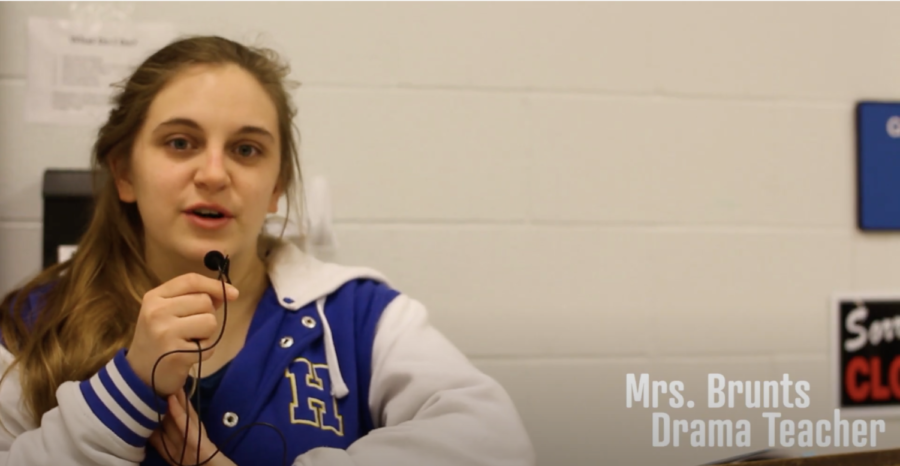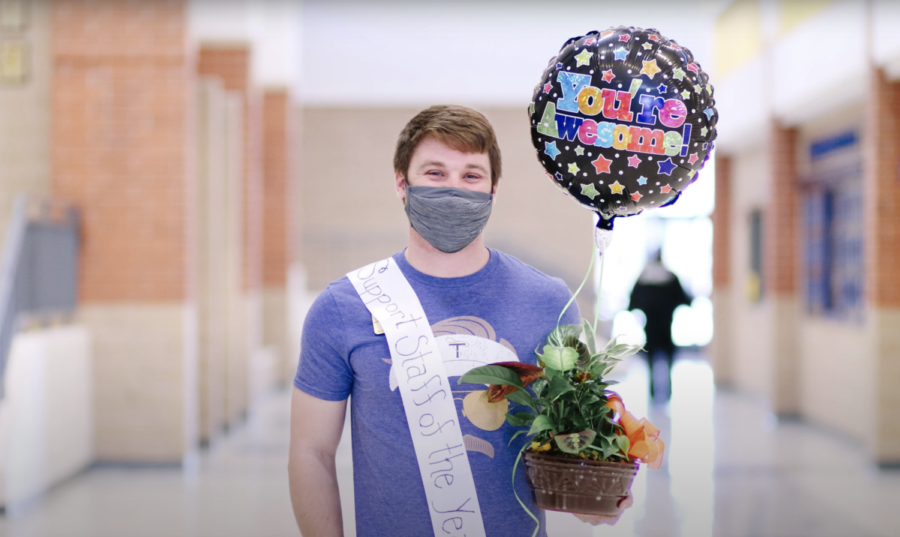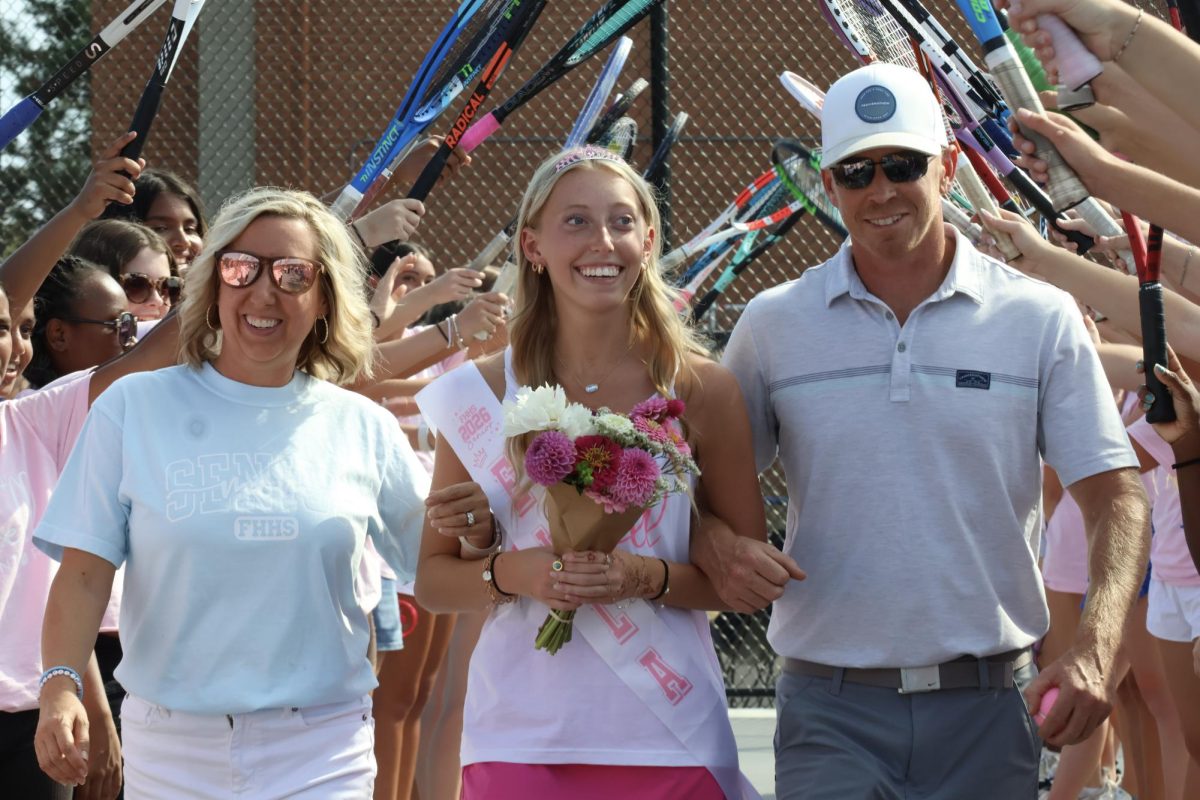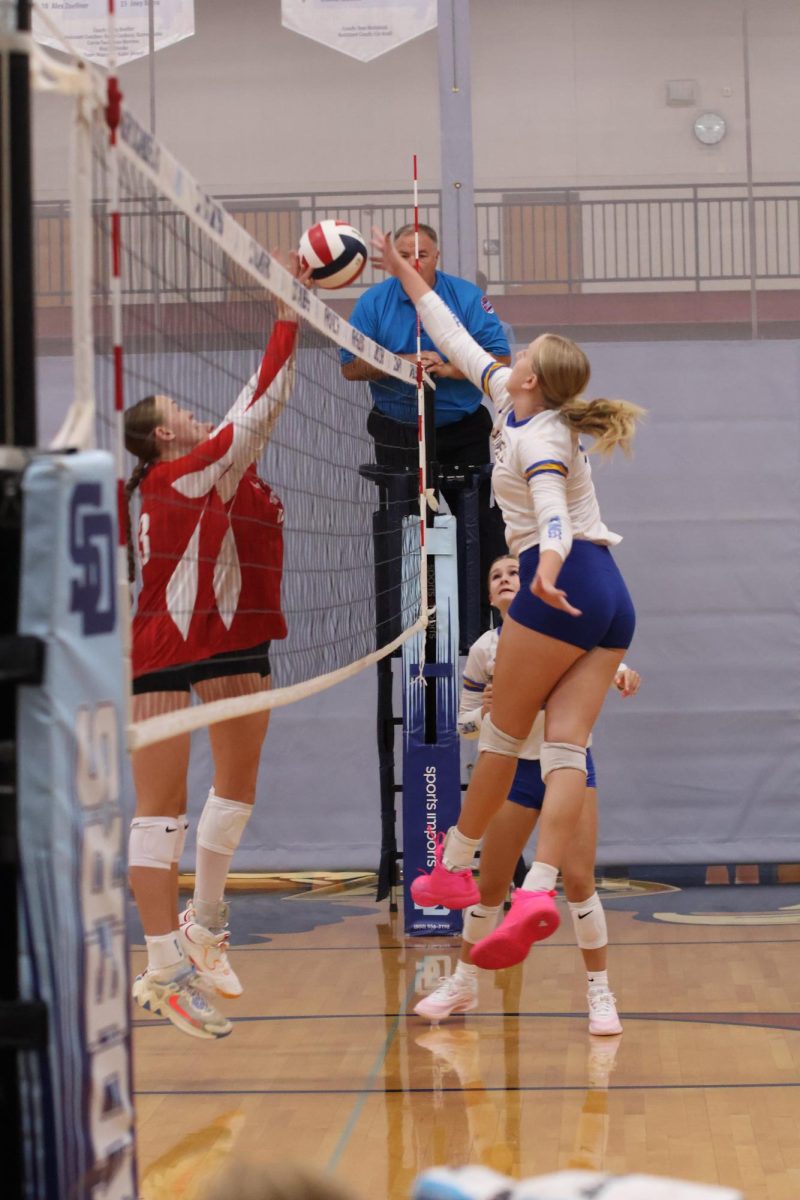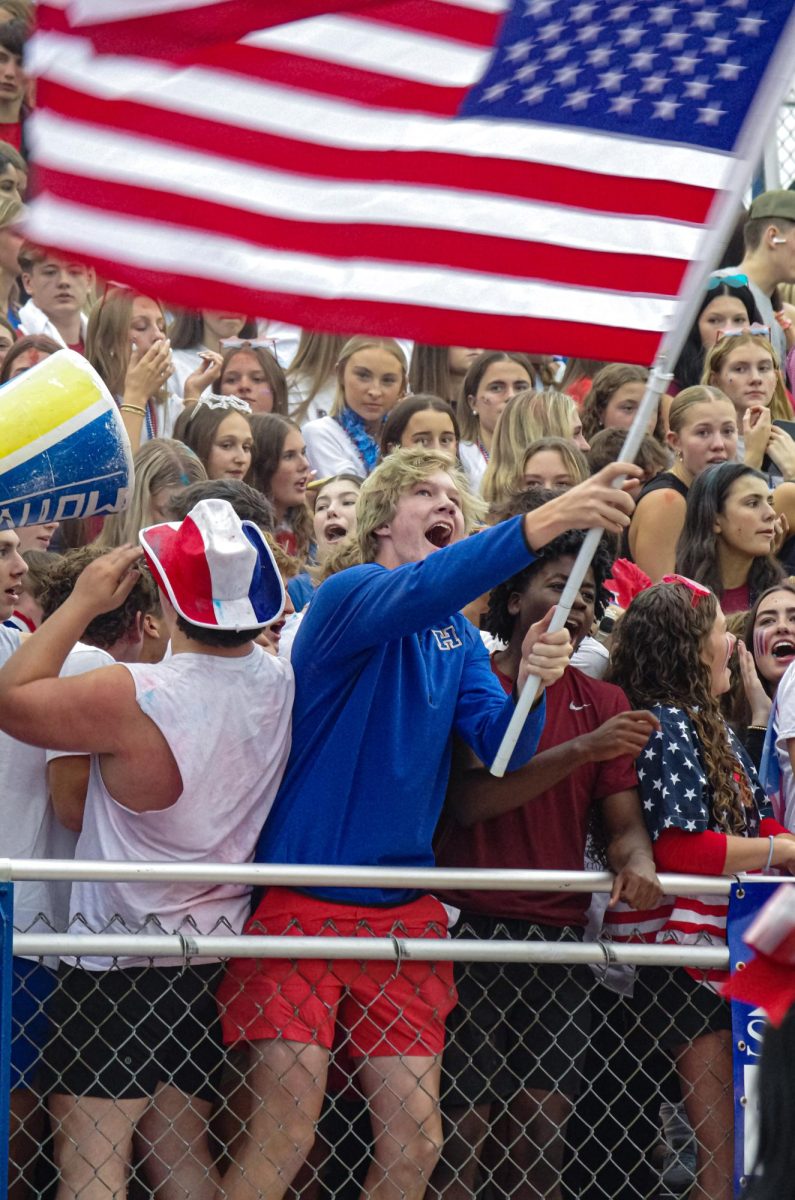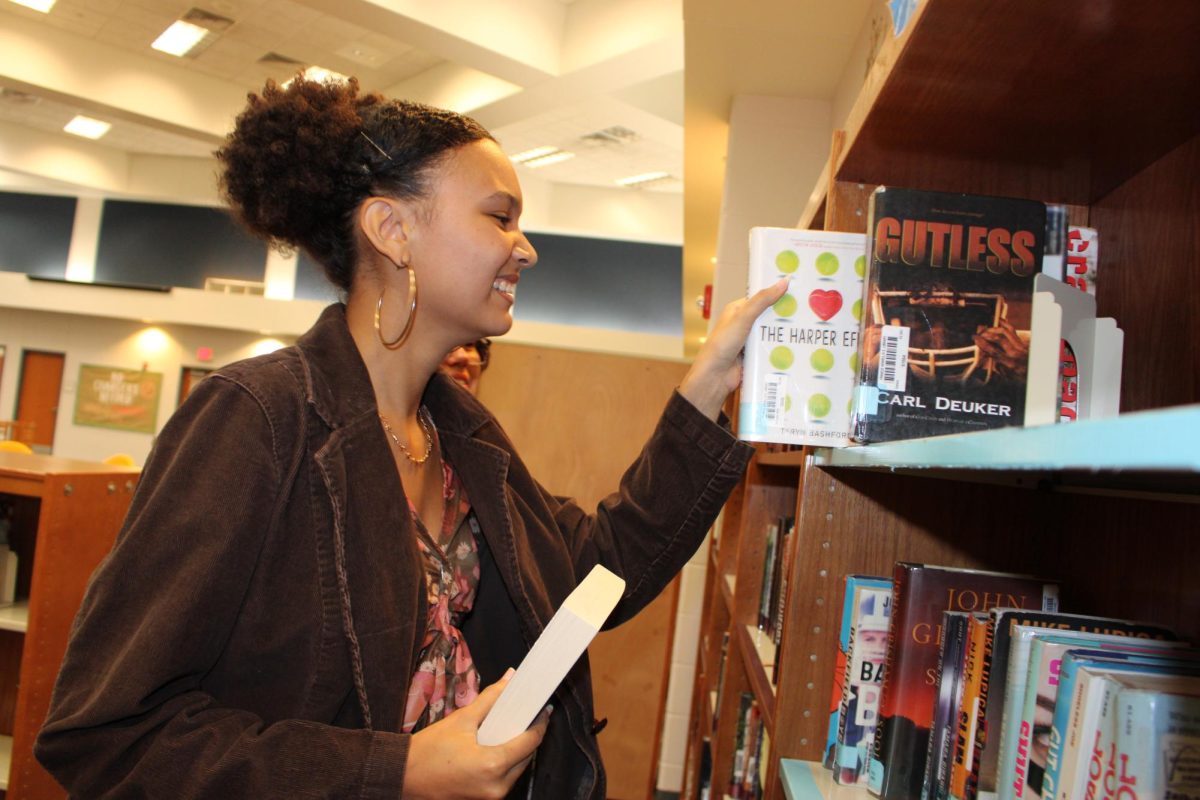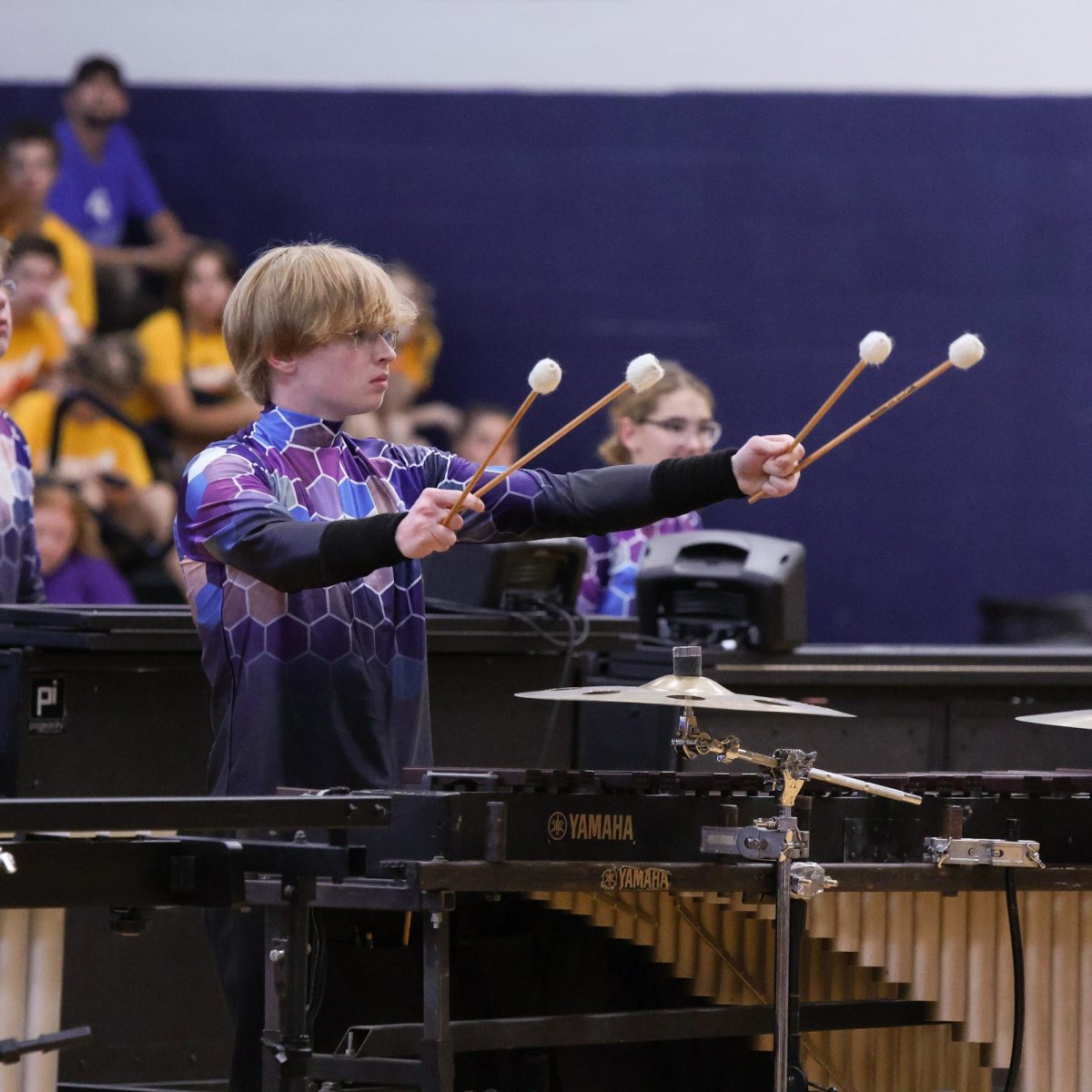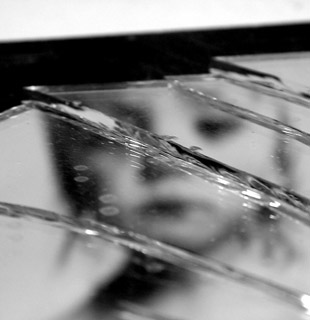Homecoming. Valentine’s Day. Prom. Everything can revolve around couples, from the latest movie to the newest edition of People magazine. This atmosphere, however, can pressure teens to find a relationship. However, there is a one in three chance that the relationship can turn abusive.
According to Cathy Covington, a Crisis Intervention Specialist with Alternatives to Living in Violent Environments (ALIVE), one in three teens are in, or have been in, an abusive relationship.
Despite common misconceptions, abusive relationships do not necessarily immediately start off as abusive, and despite common misconceptions, can happen to anyone, regardless of gender, age, race, or strength.
“Abusive relationships don’t start off abusive. It escalates when the control starts in,” Covington said. “When your girlfriend or boyfriend wants to be with you all the time and it starts making you uncomfortable, that’s when it normally begins.”
According to the U.S. Department on Health and Human Service’s Office on Women’s Health, there are three different types of abuse: physical, emotional/verbal, and sexual.
“Some signs of abuse are if your partner is controlling you, isolating you from friends, name calling, jealously, possessiveness, pushing and shoving,” Covington said. “When you partner is controlling that might mean they are telling you how to dress, who to talk to, telling you not to have girl or guy friends.”
A 2009 study on teen dating violence, conducted by Teenage Research Unlimited (TRU) for Liz Claiborne Inc. and Family Violence Prevention Fund, found that controlling behaviors had victimized almost half of teens. The same study also found that only 25 percent of teens had taken a course on dating abuse in school. Health classes don’t go in depth on the subject.
“We only touch on it a little in our dating unit,” health teacher Darrin Cissell said. “Just ‘don’t put up with these things’, but we don’t really have a whole unit.”
The TRU also survey found that 75 percent of teens found a course on dating abuse helped them recognize the signs of abuse.
“Some teens feel that their partner is just doing it because they love them,” Covington said. “They don’t recognize that it’s abusive.”
If a teen recognizes that a friend is in an abusive relationship he or she should express concern, listen to the friend, and offer support. Teens shouldn’t wait for the friend to come to them.
“They should tell the person to call and talk to a person they can trust,” Covington said. “It’s really difficult to get out of an abusive relationship alone.”
Covington also recommends that teens talk to their parents.
“One thing teens don’t do is talk to their parents,” Covington said. “At the end of (the ALIVE) video, a mom talks about how her daughter was killed her by her boyfriend. This happened in New York, but it happened because it got out of control and escalated.”
Abuse can have lasting effects. According to the National Dating Abuse Hotline, abuse victims are at a higher risk for substance abuse, eating disorders, and further cases of domestic violence.
“It’s really important to educate teens,” Covington said. “Abuse really does happen.”
Where to get help:
- Call:
- National Teen Dating Abuse Hotline: 1-866-331-9474
- National Domestic Violence Hotline: 1−800−799−7233
- Text: “loveis” to 77054
- Chat: http://bit.ly/oLlQH6

